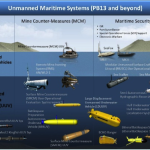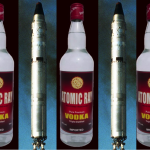Daily Report Archives
Established in December 1993, the Nautilus Institute’s *N*ortheast *A*sia *P*eace and *S*ecurity *N*etwork (NAPSNet) Daily Report served thousands of readers in more than forty countries, including policy makers, diplomats, aid organizations, scholars, donors, activists, students, and journalists.
The NAPSNet Daily Report aimed to serve a community of practitioners engaged in solving the complex security and sustainability issues in the region, especially those posed by the DPRK’s nuclear weapons program and the threat of nuclear war in the region. It was distributed by email rom 1993-1997, and went on-line in December 1997, which is when the archive on this site begins. The format at that time can be seen here.
However, for multiple reasons—the rise of instantaneous news services, the evolution of the North Korea and nuclear issues, the increasing demand for specialized and synthetic analysis of these and related issues, and the decline in donor support for NAPSNet—the Institute stopped producing the Daily Report news summary service as of December 17, 2010.
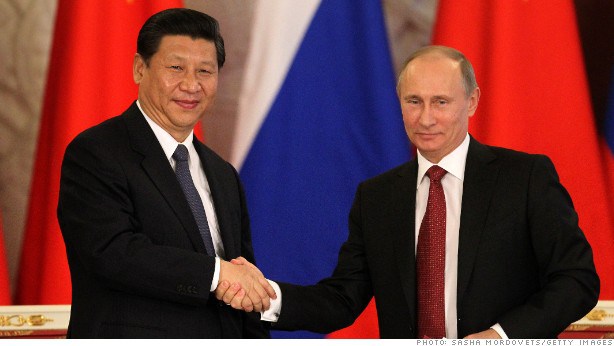
In this Special Report, Younkyoo Kim writes that despite both governments’ endless profession of an identity of interests between Russia and China, the truth is quite different. On global issues like intervention in third countries, non-proliferation, democracy promotion and Central Asia, Russia and China jointly act to resist US notions of a liberal world order dominated by its power. However, in regard to the regional security agenda in Asia we find only barely concealed and even potentially serious, if unadvertised, rivalries, e.g. in regard to Japan and Southeast Asia. Thus Russia is trying to do two contradictory things at the same time, namely bandwagon with China on the global and anti-American agenda, while attempting to carve out an independent balancing act directed to constrain China at the regional level. Kim contests that the deep-seated regional divergences between Moscow and Beijing throughout Asia have not been resolved and may not be capable of resolution given the dynamic forces at play throughout these areas.
Younkyoo Kim is Director of the Center for Energy Governance & Security and Associate Professor in the Division of International Studies, Hanyang University, Seoul, Korea.
Go to the article
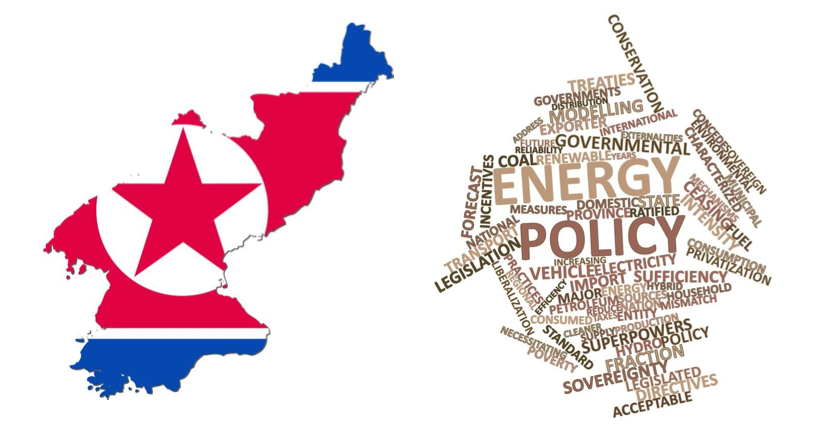
The term “energy security” has typically meant little more than securing access to sufficient quantities of fossil fuels at reasonable prices. A broader concept of energy security is needed to adequately consider the full costs and benefits of potential energy policies designed to cope with not only fuel sufficiency and price, but also complex challenges ranging from climate change, to local energy-related pollution, to the social, political, and radiological fallout of the Fukushima nuclear power plant accident in 2011, to cite just a few examples. This paper updates the authors’ concept of a comprehensive energy security assessment framework that includes not only energy supply and economic considerations, but also technological, environmental, social/political/cultural, and international/military security dimensions of energy security. We apply this concept to an assessment of selected energy sector redevelopment “paths”—essentially, quantitative descriptions of energy futures—for North Korea, comparing the relative quantitative and qualitative costs and benefits from each of these energy security dimensions from both the perspective of the DPRK and from the perspective of the broader Northeast Asia (and interested parties) region. We conclude with an exploration of the energy policies that our energy security assessment identifies as “robust”, that is, useful across the full range of energy security dimensions.
David F. von Hippel is a Nautilus Institute Senior Associate. His work with Nautilus has centered on energy and environmental issues in Asia, with a particular emphasis on Northeast Asia and North Korea. Peter Hayes is Executive Director of the Nautilus Institute and a Professor of International Relations at RMIT University.
Go to the article
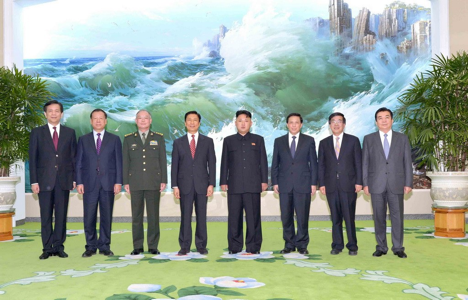
Zhang Tuosheng, a Chinese strategist, argues that China’s policy toward North Korea must change with the times…
Go to the article
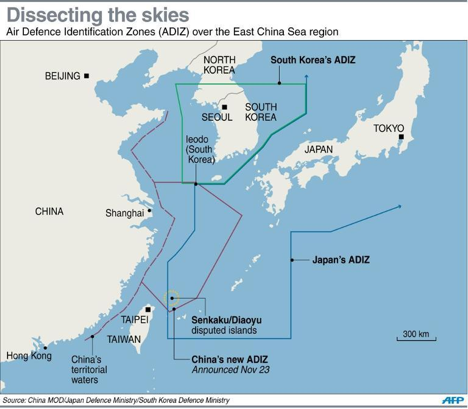
Roger Cavazos asserts that spring on the Korean peninsula is often associated with provocations. This spring …
Go to the article
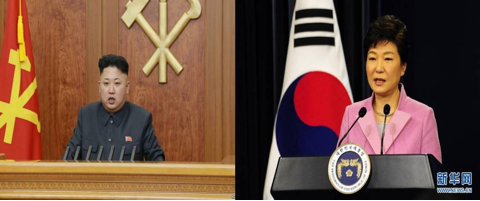
In Paik Haksoon’s inaugural NAPSNet Special Report and Nautilus’ first Korean-language Special Report, Dr Paik…
Go to the article










